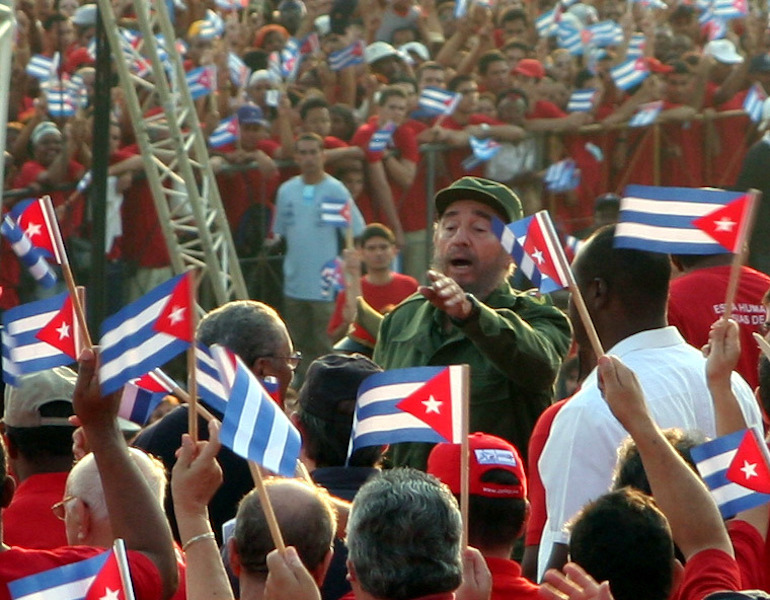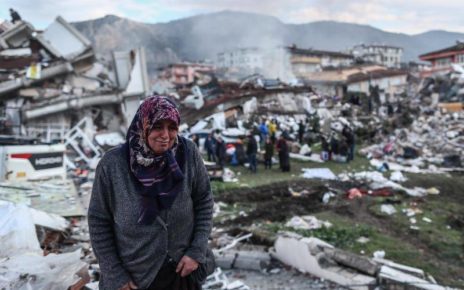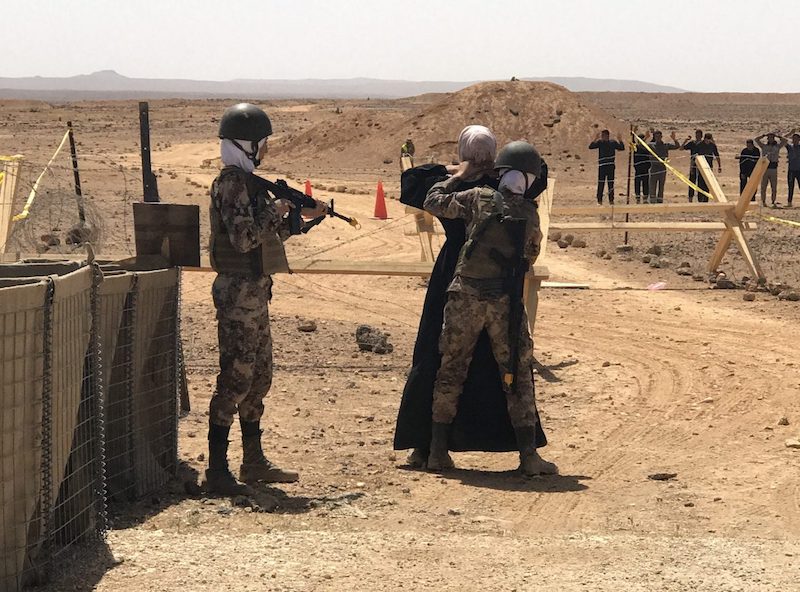Fidel Castro ruled Cuba for 49 years with an absolute control, and was the last of ambiguous, but also beloved leaders who succeeded undoubtedly to leave his mark. Castro’s manifestations and way of ruling has been encrypted deeply within the very way of Cuban life, a life that for many is likely to change after his passing.
In 1959, Castro famously stated: “I began the revolution with 82 men in 1956. If I had to do it again, I would do it with 10-15 men and absolute faith. It does not matter how small you are if you have faith and a plan of action.” He was referring to the organization that undertook one of the most successful post-war revolutions of the last century, which led to the overthrow of the Fulgencio Batista dictatorship in 1959. On January 8, 1959, the Comandante Fidel entered Havana in triumph with his brother the current President of Cuba, Raúl Castro, the revolutionary Argentinian doctor Ernesto “Che” Guevara, and the barbudos rebels.
Castro died Friday November 25, in his 90th year. For 49 years he ruled Cuba, until 2008, when handed over power to his brother Raúl, who at 85 continues to rule the country. Throughout his rule, Fidel pursued a socialist dream, which he admittedly had difficulty attaining. Castro used to say jokingly: “[w]hen we will fulfill our promise of good governance I will cut my beard.”
Castro’s Ideological Origins
Castro was the son of a wealthy landowner of Spanish origin, who later became a revolutionary. Fidel Castro made his first step in a Jesuit school and studied law at the University of Havana. As a symbol of resistance to imperial America during the Cold War, Fidel turned the island from an “entertainment area” for rich Americans into a socialist state where basic goods and services would be provided to all Cubans: education, health care, shelter and food. But the regime cultivated a cult of personality (even today, Cuban children in school instead of Morning Prayer, sing hymns to Fidel and Che) and simply followed ideological roots and made alliance with the Soviet Union.
Under the protection of the USSR
The cold war divided the world between communist and non-communist nations and that was projected in the balance of powers between the US and the USSR. In the Cold war period, Under that global order and while taking advantage of the geostrategic clash between Washington and the Kremlin, Castro managed to prevent the invasion organized by the CIA in 1961 in the Bay of Pigs and move the country for decades under Soviet protection, after the withdrawal of Soviet nuclear missiles near Caribbean in 1962, which first brought mankind to the brink of an atomic Armageddon.
When the USSR collapsed in 1990, Cuba began to feel the crippling effects of the United Sates economic embargo of 1962. In 1991, Fidel admitted to the difficulties that the collapse might present for Cuba: “[w]e have to stick to the facts and, simply put, the socialist camp has collapsed.”
What followed was perhaps the hardest period for the Cuban people. There were shortages in necessities such as bread and clothing. Some relief was the contribution of Venezuelan leader Hugo Chavez, admirer of Castro, who in the period 2005 – 2013 provided cheap oil to Cuba when the oil prices collapsed, Chavez’s successor, Nicolas Madura, was unable to continue the assistance.
Raúl’s successor
What will change in Cuba now that Fidel is gone? Cuba expert Phil Peters makes an argument on this:” I don’t think Fidel’s passing is the big test. The big test handing the revolution over to the next generation and that will happen when Raúl [Castro] steps down…”
Today it is estimated that in Cuba, that at least three fifths of businesses who would be able to sustain the transion from the old-fashioned revolution, the Castros’ closed-market system, into a free market state, which would be made possible thanks to the restoration of diplomatic relations with the United States, started by the Raúl Castro and Barack Obama admistrations in 2014. The most likely successor to Raúl Castro is expected to be 56-year-old Cuban Vice-President Miguel Diaz-Canel. Unlike the Castros, Diaz-Canel is a manager rather than a visionary, says Brian Lattell, the former chief of Latin American analysis at the CIA and author of a biography on Raúl Castro. Lattell said Diaz-Canel is unlikely to introduce major change to Cuban policy even if it were politically possible.
The only change that Diaz-Canel might make is in the military. Despite the renewed relationship the United States has developed with Cuba, the West should not underestimate Diaz-Canel. Keeping a watchful eye on Cuba may be in the West’s best interest in the immediate future.
Photo: Fidel Castro at a rally on May 1, (2005), by U.S. Federal Government via Wikimedia. Licensed under CC 3.0
Disclaimer: Any views or opinions expressed in articles are solely those of the authors and do not necessarily represent the views of the NATO Association of Canada.




